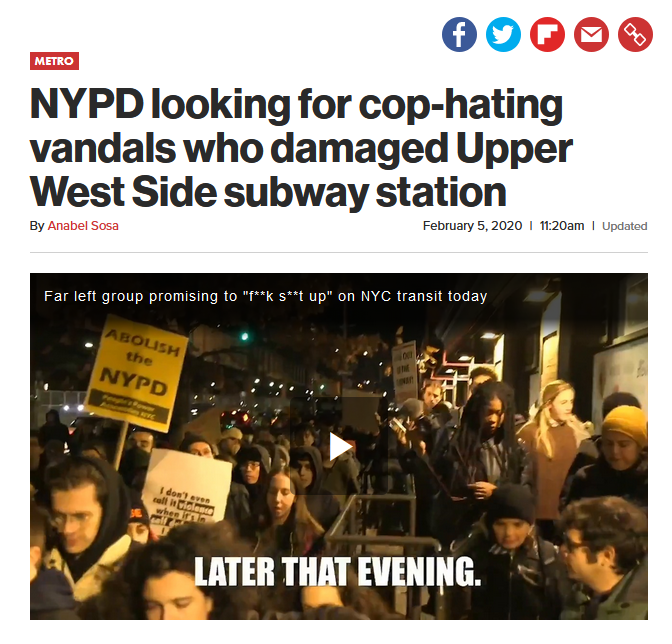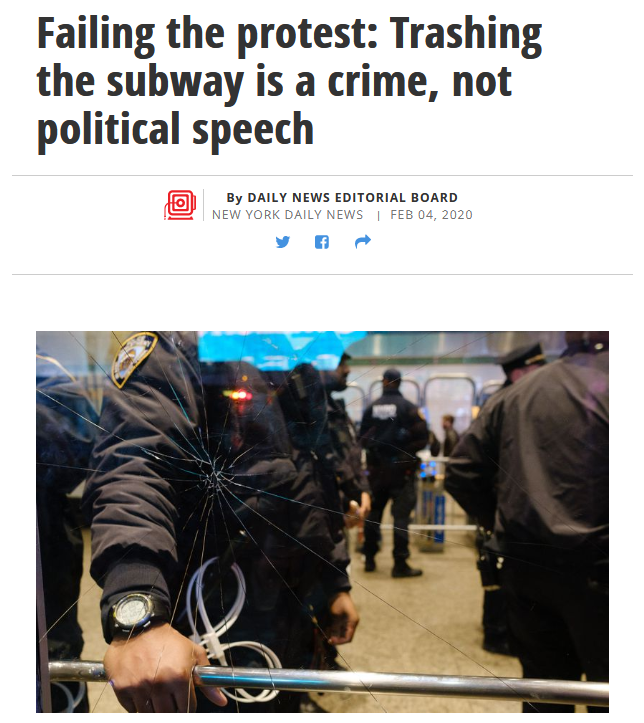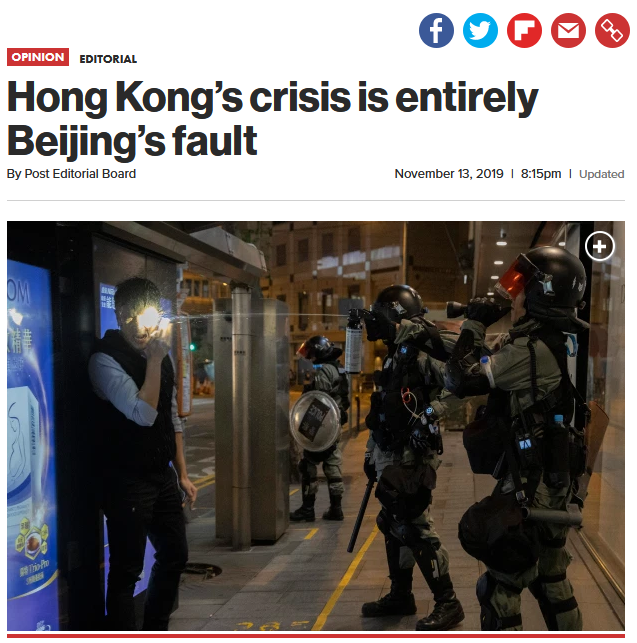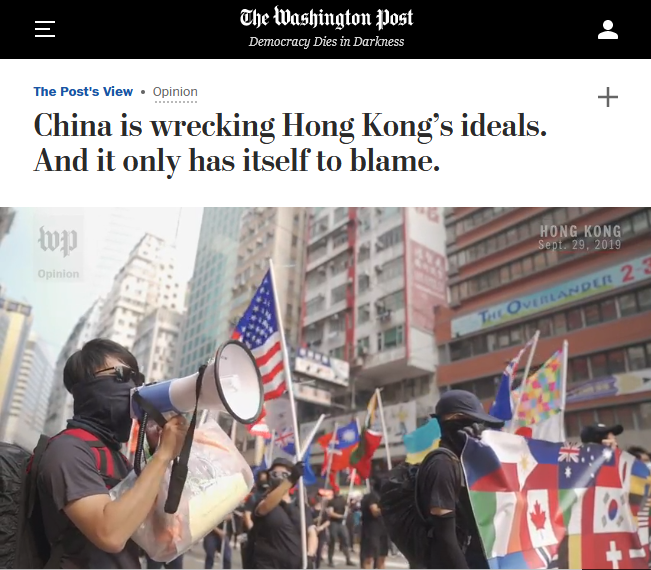The Bloomberg Myth Explodes on Live TV
The Nevada debate offered voters vital information — including the exposure of Michael Bloomberg’s reputation for “electability”
What a catastrophe Wednesday night was for Mike Bloomberg. The New York plutocrat was kicked in the teeth by Elizabeth Warren in the first minutes — she denounced him as a Trump-like “arrogant billionaire” who called women “horse-faced lesbians” — and never made it back to his feet.
Bloomberg stood in mute fury as his $400 million campaign investment went up in smoke. His contempt for democracy and sense of entitlement surpass even Donald Trump, who at least likes crowds — Bloomberg’s joyless imperiousness makes Trump seem like Robin Williams.
That Bloomberg has been touted as a potential Democratic Party savior across the top ranks of politics and media is an extraordinary indictment of that group of people.
Some endorsements were straight cash transactions, in which politicians who owe their careers to Bloomberg’s largess repaid him with whatever compliments they could muster. How much does a man who radiates impatience with the idea of having to pretend to equal status with anyone have to spend to get someone to say something nice?
California Congressman Harley Rouda called him a “legendary businessman”: Bloomie gave her more than $4 million. New Jersey’s Mikie Sherrill got more than $2 million from Bloomberg’s Independence USA Super PAC, and in return the Navy vet said Bloomberg embodies “the integrity we need.”
Georgia’s Lucy McBath, a member of the congressional black caucus, got $4 million from Bloomberg PACs, and she endorsed him just as an audio clip was coming out of the ex-mayor talking about putting black men up “against the wall” in stop-and-frisk. News accounts of the endorsement frequently left out the financial ties.
That’s fine. If you give a politician $2 million or $4 million, it must be expected that he or she will say you approximate a human being.
But how does New York Times columnist Thomas Friedman excuse writing “Paging Michael Bloomberg”? (Well, Bloomberg philanthropies donated to Planet Word, “the museum my wife is building,” says Friedman, so there’s that.) How about Jonathan Chait at New York, who wrote, “Winning the election is starting to look hard. How about buying it instead?” Or John Ellis in The Washington Post, who declared Bloomberg the “dream candidate”?
These pundits clung to a triumvirate of delusions: Bloomberg “gets things done,” he’s more electable than a Bernie Sanders or an Elizabeth Warren because he can spend unlimited amounts, and he has the “toughness” to take on Trump.
Far from showing “toughness,” Bloomberg on Wednesday wilted under attacks from his five Democratic opponents. He was unprepared throughout and seemed to be ad-libbing the most important exchanges. When Warren asked him with how many women he’d had sign non-disclosure agreements, Bloomberg muttered:
Warren: How many is that?
Bloomberg: None of them accuse me of doing anything, other than maybe s— they didn’t like a joke I told.
Bloomberg: None of them accuse me of doing anything, other than maybe s— they didn’t like a joke I told.
The answer drew groans. Any political consultant could have told Bloomberg “they didn’t like a joke I told” would go over like a dead flounder. Either Bloomberg is a lousy campaigner who doesn’t understand the need for preparation, or he thinks he doesn’t need to prepare for live performances because he’ll just buy PR elsewhere.
Both explanations bode badly for a theoretical general-election campaign against Trump, an expert at ad-libbing cruelties and generating free media in amounts exceeding even what Bloomberg can buy. If Bloomberg can’t handle being asked by Warren how many NDAs he’s had signed, just imagine when Trump offers him a box to stand on and asks him how it feels to have to spend $4 million per friend.
Bloomberg’s entire argument for office is that he’s better than Trump, but where exactly is he better? The biggest argument against a Trump presidency involves his racial attitudes. Bloomberg’s record is worse.
His defense Wednesday of stop-and-frisk — that it was a widely used policy that got “out of control” because “too many” African Americans were stopped — showed that even after all this time, he still doesn’t get the problem, i.e., that the mass-profiling policy was fundamentally discriminatory. Trump is a crude circus nationalist, but Bloomberg’s policing policies were profoundly, intellectually racist, and he proved in Nevada that his only growth has been to recognize their political inexpediency.
Trump is worse on the environment and on guns. Bloomberg supported George Bush at the height of the Iraq War effort, and says he still doesn’t regret supporting that invasion. Bloomberg also has an awful record when it comes to Wall Street. In the debate Wednesday, he said this about 2008:
The financial crisis came about because the people that took the mortgages, packaged them, and other people bought them, those were—that’s where all the disaster was.
That’s in the ballpark of true, although Bloomberg stopped well short of denouncing the “people that took the mortgages,” by which one presumes he means banks. This is unsurprising, because when Bloomberg was not running for president as a Democrat, he ridiculed Occupy Wall Street and regularly spouted bogus Wall Street talking points deflecting blame from banks. This is what he said in November 2011:
It was not the banks that created the mortgage crisis. It was, plain and simple, Congress who forced everybody to go and give mortgages to people who were on the cusp.
Bloomberg then went on to say it was “entertaining” and “cathartic” for Occupy Protesters to “vilify” banks, a “let them eat cake” take on the financial crisis.
It would be impossible to find someone less believable as a reformer of Wall Street and an opponent of wealth inequality. Even Hillary Clinton was less of a guaranteed disaster on this issue. A vote for Bloomberg — a billionaire ex-Republican media executive, for God’s sake — would mean conceding the populist argument to Republicans again.
Trump has clear authoritarian tendencies and has wrapped his hands around autocrats, but for all the fretting about him perhaps not leaving office in 2020 if voted out, it’s Bloomberg who has already tossed term limits aside, and it’s Bloomberg who is openly trying to buy an election. There is zero evidence he will be any less of a threat to democracy or an agent for rapacious corporate interests than Trump.
Even assuming one could cross into believing that Bloomberg is somehow less revolting or dangerous than the current president — I don’t, but let’s say — Wednesday exploded the idea that he would have a superior chance at beating him than Sanders or a conventional, non-plutocrat politician like Warren or Pete Buttigieg. Bloomberg was a total zero charisma-wise, had trouble thinking on his feet, and failed to find even one issue where he sounded confident and convincing. His only distinguishing characteristic is his money, and fuck his money.
One revealing moment in the debate came at the end, when Chuck Todd asked all the candidates, “Should the person with the most delegates at the end of this primary season be the nominee?”
Bloomberg, Buttigieg, Warren, Joe Biden, and Amy Klobuchar all punted this question, deferring variously to the “rules” or the “process.” Only Sanders said, “The people should prevail.” This makes the endgame clear: All five non-Sanders candidates are placing hopes for the nomination in a backroom convention horse trade.
While the establishment Democrats like Warren and Buttigieg beat up on Bloomberg onstage last night, treating him like the interloper he is, the major question is, would they do the same in the privacy of that smoke-filled room this summer?
That’s the question that should have everyone worried. Sanders could lose, but a vote for Bloomberg would be a complete surrender to cynicism, and would probably fail besides. If that’s the plan, God help us.









